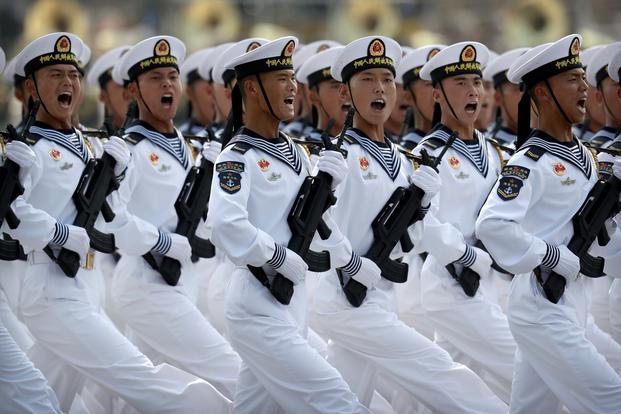Read the original article on Business Insider.
China wants to put a spy base in Cuba, according to multiple reports citing officials with knowledge of sensitive intelligence. It's a move that would follow in the footsteps of the Soviet Union, which operated a spy base on the island for decades. But the Department of Defense and White House have pushed back on the reports.
Two senior U.S. officials told Politico that Beijing is in talks with Havana to establish a base roughly 100 miles off the coast of Florida, potentially to collect signals intelligence in the southeastern United States, home to a number of military installations. Florida is home to Central Command and the missile and rocket ranges at Cape Canaveral, for example.
Negotiations may have actually gone beyond just talks. U.S. officials told The Wall Street Journal that China and Cuba have reached a multi-billion-dollar agreement in principle on the establishment of the base. Officials say the intelligence on the matter, which only recently came to light, is convincing. Both CNN and The New York Times also reported on the agreement and planned facility.
Senior U.S. military officials and lawmakers have often raised concerns about the potential US national security implications for Chinese engagement with other countries in the Western Hemisphere, particularly in parts of Latin America but other areas as well.
Looking at China's deals and investments through a military lens, Gen. Laura Richardson, the head of US Southern Command, said in 2021 that she perceives China's activities in the region as a means of "projecting and sustaining military power." She and others have continuously sounded the alarm over the years.
Rep. Mike Waltz, a Florida Republican and member of the House Intelligence and Armed Services committees, told Politico that "the Chinese Communist Party is executing the Soviet Union's playbook" and said that the opening of a spy base in Cuba could be a clear indication that "we're in a new Cold War."
During the Cold War, the Soviet Union maintained a massive electronic and signals intelligence operation, its largest overseas site, in Lourdes just outside Havana.
Signals intelligence, or SIGINT, often involves the bulk collection of data transmissions, as well as detection of frequencies on the electromagnetic spectrum that may provide certain clues about the operation of fighters and bombers or the locations of submarines or other assets.
The Soviet spy facility in Lourdes was operational until 2001, when it closed down. There were discussions about reopening it, but it is unclear if it ever did in any capacity.
The Pentagon responded to the reports of China's plan for a spy facility in Cuba Thursday afternoon, with spokesman Brig. Gen. Pat Ryder saying that he'd seen the reporting and "based on the information that we have that that is not accurate."
"We are not aware of China and Cuba developing any type of spy stations separately," he said. "I would say that the relationship that those two countries share is something that we continuously monitor.
National Security Council spokesman John Kirby had a similar response, saying that "this report is not accurate" without explaining what about it is incorrect.
He said that "we have had real concerns about China's relationship with Cuba" and "about China's activities in our hemisphere and around the world."
Kirby added that "we are closely monitoring it and taking steps to counter it" and "remain confident that we are able to meet all our security commitments at home and in the region."
The Cuban foreign ministry called the reporting on the planned base "fallacies promoted with the perfidious intention" while China's foreign ministry said it wasn't aware of the reports but argued the "U.S. is an expert on chasing shadows and meddling in other countries' internal affairs."













